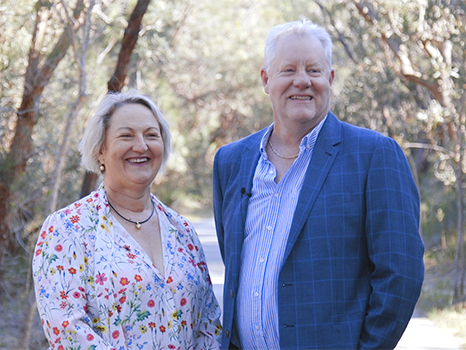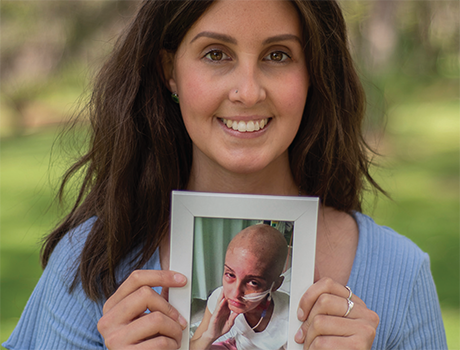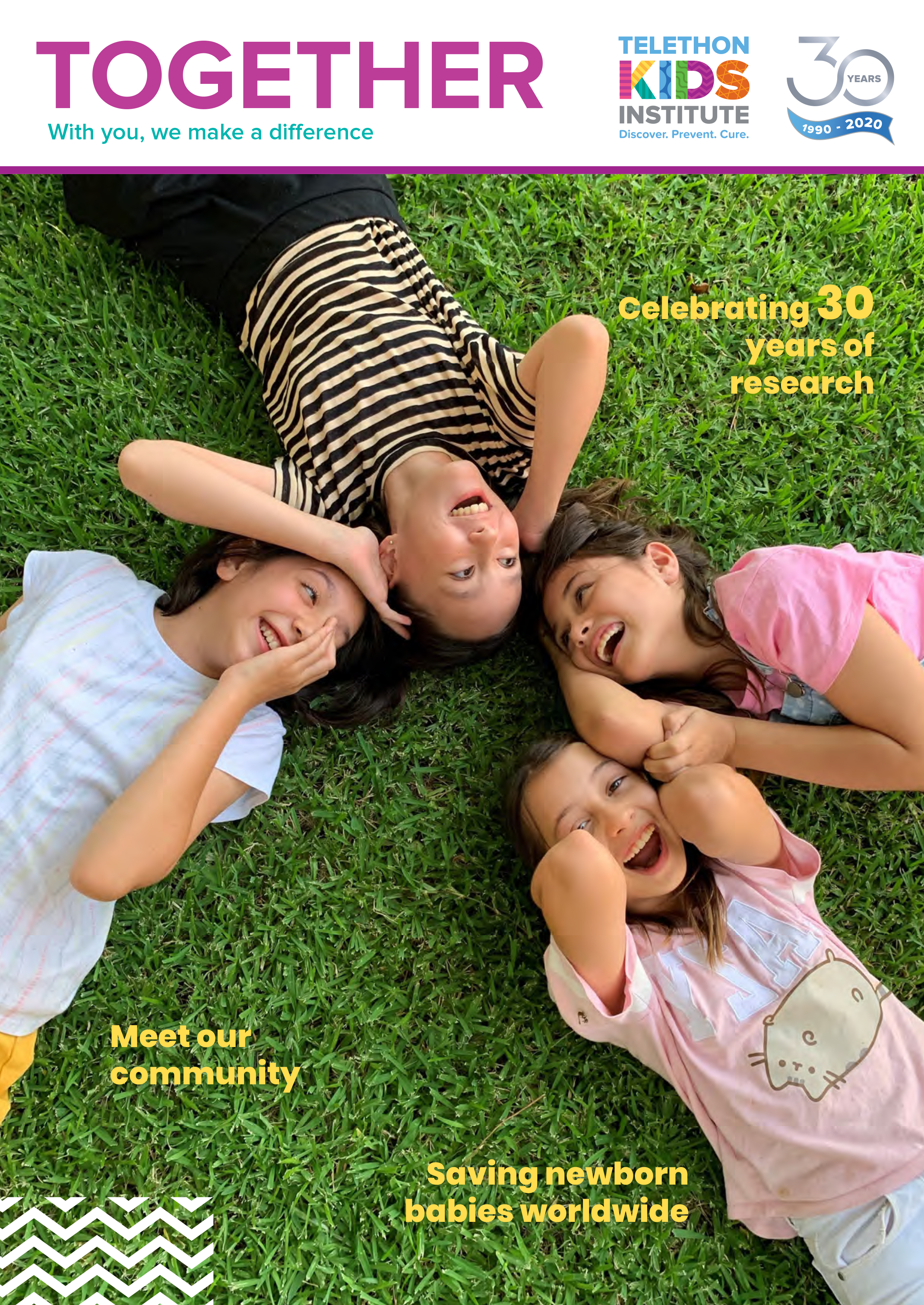Search

Marianne & Brad’s gift of giving
‘Tis the season of giving. Unconditional giving means you directly power all our research to help more kids live happier, healthier lives.
Current donors
We are grateful to our many generous friends who support the Institute through philanthropy.
Together Magazine
Explore inspiring stories of research, resilience, and community impact in every edition. Read the latest issue below.
Together magazine - winter 2025
Read the winter 2025 edition of the Together Magazine
Together magazine - winter 2024
Read the 2024 edition of the Together Magazine


